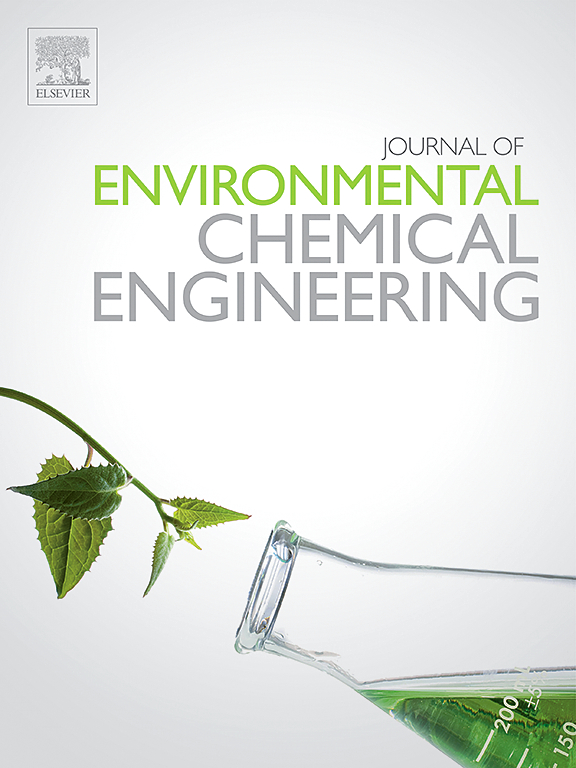Membrane-based processes for sustainable geothermal water reuse and mining: A comprehensive review of process integration and influencing parameters
IF 7.4
2区 工程技术
Q1 ENGINEERING, CHEMICAL
引用次数: 0
Abstract
Geothermal water has been recognized as a valuable resource for renewable energy generation, freshwater production, and valuable mineral/metal recovery. In recent years, application of membrane-based techniques for desalination of geothermal brine (after energy extraction) for simultaneously producing clean water and concentrating minerals/metals (i.e., pretreatment process for their recovery) has been considered as a promising solution for sustainable geothermal resource management. In this paper, we aim to provide an overview of the current-reported membrane processes for resource recovery from geothermal fluids. The operating parameters and geothermal water property (temperature and salt contents) that are associated with membrane performance, treated water quality, and energy consumption are discussed. In particular, hybrid membrane processes towards improving membrane system performance, treated water quality or mineral/metal recovery efficiency are illustrated, and their advantages and challenges are highlighted. Towards achieving circular economy in geothermal power plants, the prospects and future research directions relating to membrane technology-based geothermal resource utilization are discussed.
可持续地热水回用和采矿的膜基工艺:工艺集成和影响参数的综合综述
地热水已被公认为可再生能源发电、淡水生产和有价值的矿物/金属回收的宝贵资源。近年来,利用膜技术对地热卤水进行脱盐(能源提取后),同时生产清洁水和浓缩矿物/金属(即预处理回收矿物/金属),被认为是可持续地热资源管理的一种有前途的解决方案。在本文中,我们的目的是提供概述了目前报道的膜法从地热流体中回收资源。讨论了与膜性能、处理后水质和能耗相关的操作参数和地热水性质(温度和含盐量)。特别是,混合膜工艺在改善膜系统性能、处理后的水质或矿物/金属回收效率方面的作用,并强调了它们的优势和挑战。为实现地热发电厂的循环经济,讨论了基于膜技术的地热资源利用的前景和未来的研究方向。
本文章由计算机程序翻译,如有差异,请以英文原文为准。
求助全文
约1分钟内获得全文
求助全文
来源期刊

Journal of Environmental Chemical Engineering
Environmental Science-Pollution
CiteScore
11.40
自引率
6.50%
发文量
2017
审稿时长
27 days
期刊介绍:
The Journal of Environmental Chemical Engineering (JECE) serves as a platform for the dissemination of original and innovative research focusing on the advancement of environmentally-friendly, sustainable technologies. JECE emphasizes the transition towards a carbon-neutral circular economy and a self-sufficient bio-based economy. Topics covered include soil, water, wastewater, and air decontamination; pollution monitoring, prevention, and control; advanced analytics, sensors, impact and risk assessment methodologies in environmental chemical engineering; resource recovery (water, nutrients, materials, energy); industrial ecology; valorization of waste streams; waste management (including e-waste); climate-water-energy-food nexus; novel materials for environmental, chemical, and energy applications; sustainability and environmental safety; water digitalization, water data science, and machine learning; process integration and intensification; recent developments in green chemistry for synthesis, catalysis, and energy; and original research on contaminants of emerging concern, persistent chemicals, and priority substances, including microplastics, nanoplastics, nanomaterials, micropollutants, antimicrobial resistance genes, and emerging pathogens (viruses, bacteria, parasites) of environmental significance.
 求助内容:
求助内容: 应助结果提醒方式:
应助结果提醒方式:


